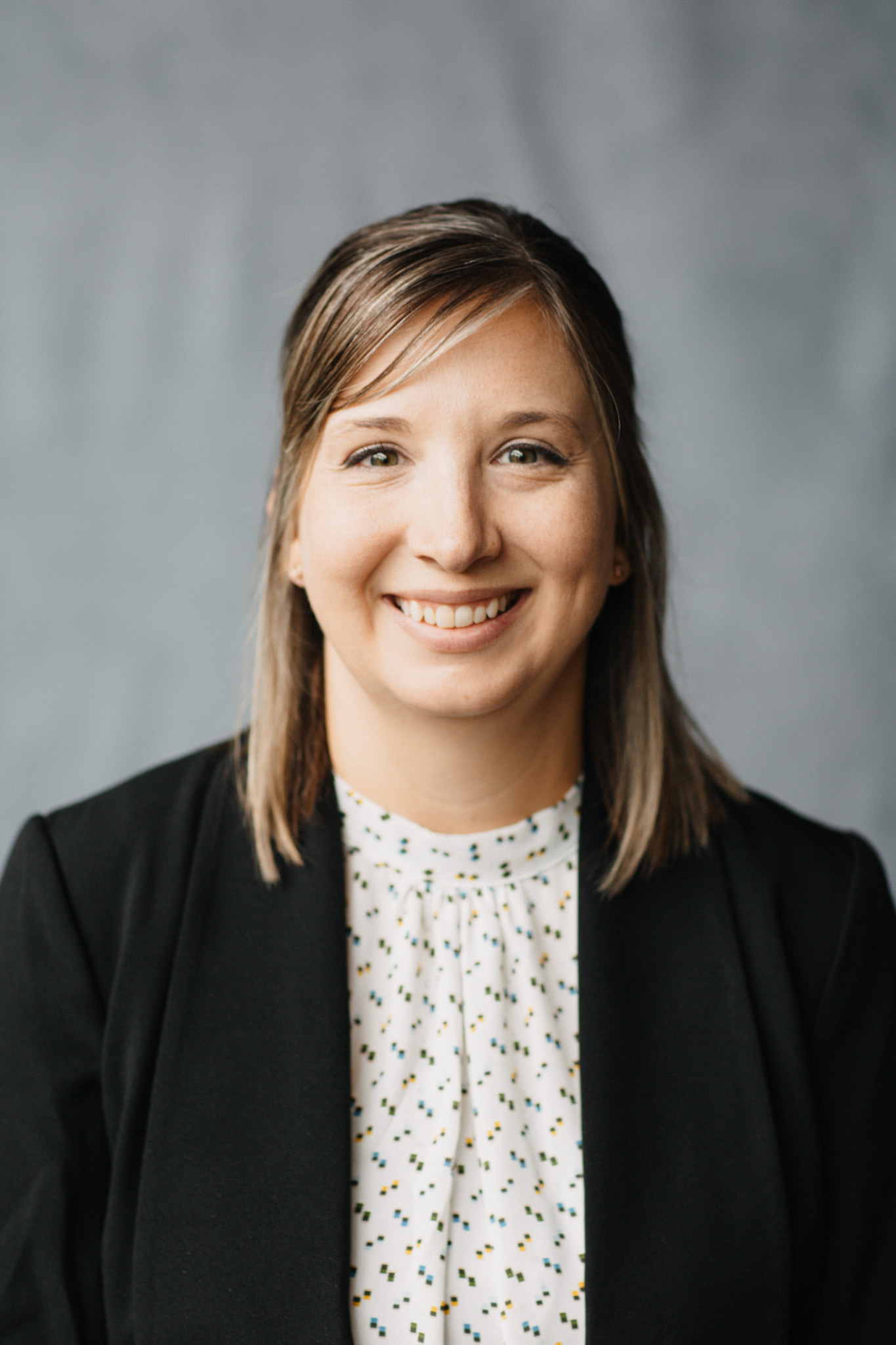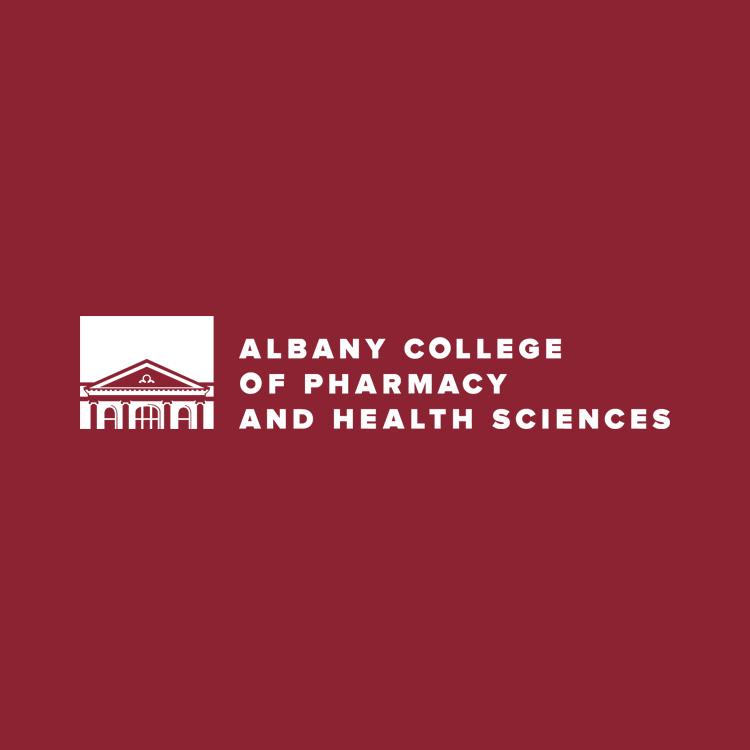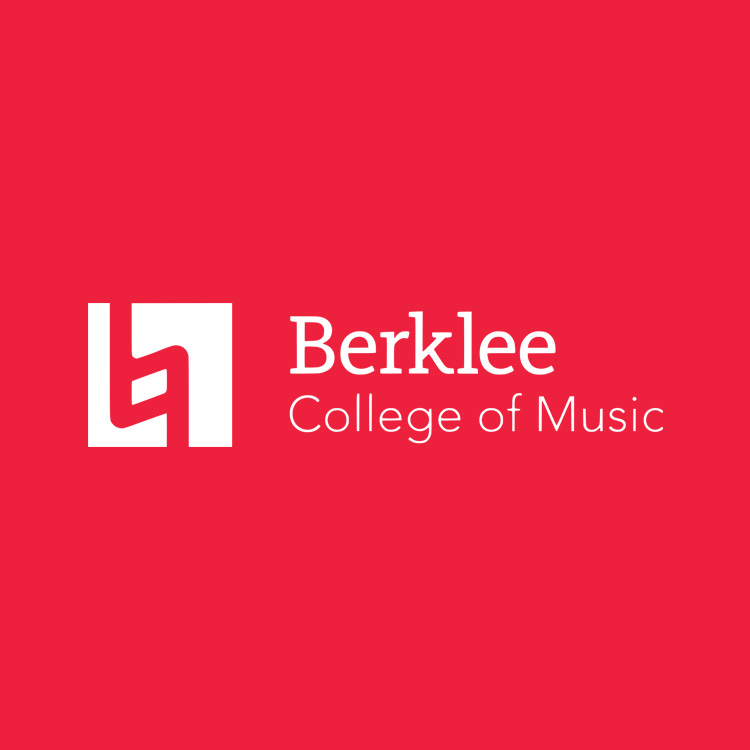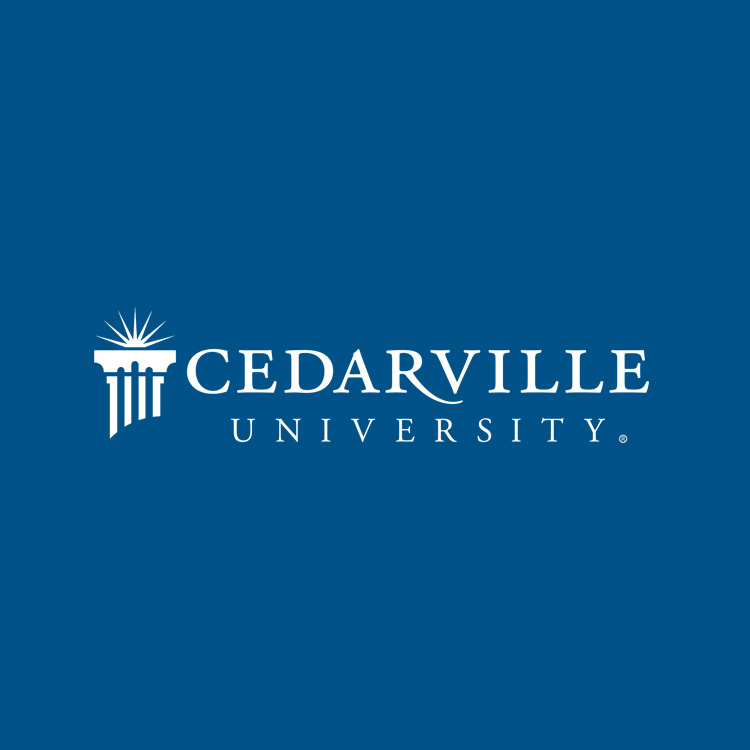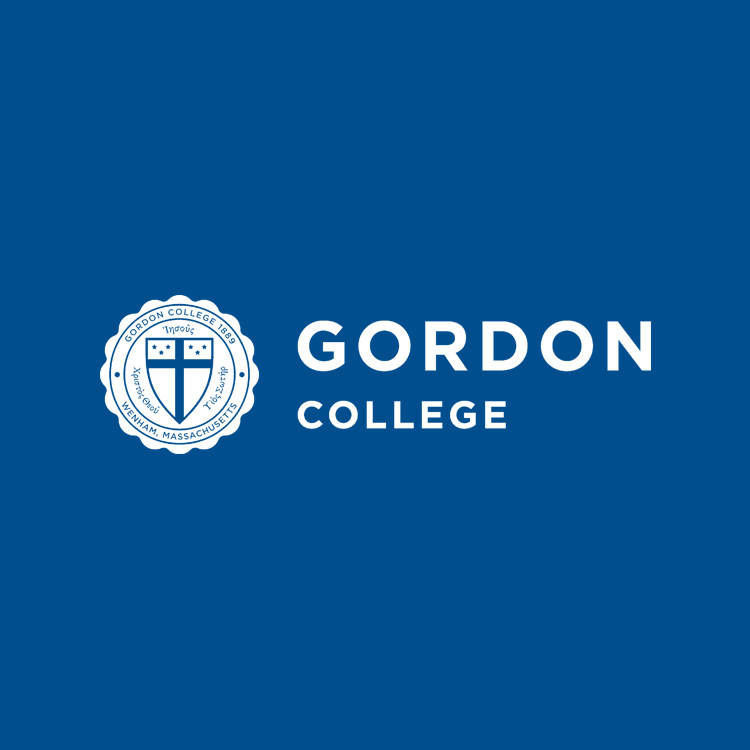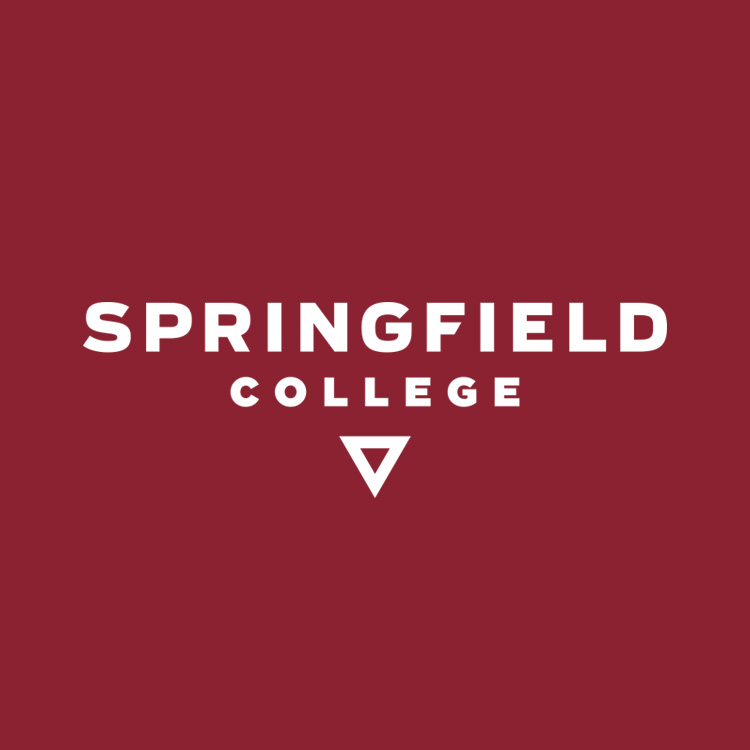WELCOME TO COLLEGE PLANNING
Meredith O’Hara
Guidance Counselor
413-782-8031
mohara@pvcama.org
COLLEGE PLANNING NEWS AND UPDATES
COLLEGE PLANNING BY GRADE
COLLEGE PLANNING - FRESHMAN YEAR
Create a four-year high school plan.
What are your goals? What would you like to accomplish?
- Research which high school courses are required by colleges, and check to make sure your course selection is in line with those requirements as early as ninth grade.
- Ask your college counselor to confirm that you have chosen the correct classes.
- Educate yourself on the different level of courses available to you at Pioneer Valley Christian Academy.
Think about life after high school.
What careers interest you?
- Identify your interests. What are your likes and dislikes? Targeting your interests will help you form and focus on your future career goals.
- Speak with people in careers that interest you. Meet with your college counselor, teachers, and alumni who are all working professionals and may offer insight on how best to reach your goals.
Participate in extracurricular activities.
Academics are not the only factor weighted in a college acceptance. Participate in a sports, school clubs, drama team, and/or volunteer to help out your school or in your community.
- Note that colleges prefer serious involvement in one activity verses sporadic involvement in many of them.
- If you are an athlete and interested in playing sports in college, the National College Athletic Association has specific eligibility requirements. Find out more by visiting, www.ncaaclearinghouse.net.
Meet with your college counselor.
The college counselor is located in the high school academic office during school hours. He/she can help you get the most out of high school. Make it a priority to meet with the college counselor to discuss your post-high school plans.
Explore summer opportunities.
Take advantage of summer break and look for a job, internship, or volunteer position that will help you learn more about one of your interests.
COLLEGE PLANNING - SOPHOMORE YEAR
Schedule a meeting with your college counselor.
It is important to make sure that your course schedule is challenging enough to prepare you for college. If you are not feeling challenged, ask about honors or advanced courses offered at Pioneer Valley Christian Academy.
Take your PSAT/NMSQT in October.
Taking your PSAT in grade ten will provide you will valuable feedback through the Student Score Report. Consider working on any academic weaknesses revealed in the results.
Attend college and career fairs.
Ask your college counselor about local opportunities.
Participate in school and community activities.
Extracurricular activities open up opportunities to show leadership, organizational, and communication skills, and ultimately enrich your high school years.
Tour college campuses.
When traveling with your family, consider touring a college or two during your visit.
- Visit a variety of colleges, even the ones that do not interest you, it will help you narrow down what is really important to you.
COLLEGE PLANNING - JUNIOR YEAR
Fall of Junior Year
- Update your student profile with your college counselor.
- Keep your grades up – admission counselors look closely at your junior year grades.
- Stay involved and take on leadership roles in your extracurricular activities.
- Research colleges. Make a list of the features that interest you. Start building your college list on Cappex.com.
- Take the PSAT/NMSQT in October. At Pioneer Valley Christian Academy, all juniors are scheduled to take the PSAT/NMSQT.
- Think about teachers, coaches, community members or employers you can ask for recommendations in the near future.
- Create a file to manage your college search, testing, and application data.
- Meet with your college counselor to discuss your goals and make sure you are on track for graduation.
- Collect and organize material for a portfolio if you are interested in drama, music, art, sports, etc.
- Learn about financial aid. Read the Department of Education’s Funding Your Education https://studentaid.ed.gov/sa/sites/default/files/funding-your-education.pdf . Use Getting Financial Aid published by the College Board https://store.collegeboard.org/sto/productdetail.do?Itemkey=109243 and the financial aid calculator at www.collegeboard.com to estimate how much aid you might receive.
Winter of Junior Year
- Sign up to take the ACT and/or SAT in the spring. Register online or through your school. Fee waivers are available for students with financial need. To prepare, download practice booklets from www.collegeboard.com. You can also take it again during the fall of your senior year.
- Identify the factors in a college that are most important to you – location, cost, programs, public, private, religious affiliation, social environment, etc.
- Search for financial aid sources. National sources include the College Board Scholarship Handbook and electronic sources. Do not overlook local and state aid sources.
- Ask your college counselor about taking the SAT Subject Tests in the spring. You should take them while course material is still fresh in your mind. You can download Taking the SAT Subject Tests, which offers test-prep advice, from www.collegeboard.com.
Spring of Junior Year
- Visit some local colleges—large, small, and private. Get a feel for what works for you. Attend college fairs, too.
- Develop a list of fifteen to twenty colleges that attract you. Request viewbooks and information about financial aid and academic programs that interest you. Visit some colleges over spring break.
- Contact your counselor if you are considering military academies or ROTC scholarships. If you want a four-year ROTC scholarship, you should begin the application process the summer before your senior year.
Summer of Senior Year
- Register with the NCAA Eligibility Center if you are an athlete planning to play a sport in college.
- Find a full-time or part-time job, or participate in a camp or summer college program.
- Visit colleges. Take campus tours and, at colleges you are serious about, make appointments to have interviews with admission counselors.
- Create a resume – a record of your accomplishments, activities, and work experiences since you started high school.
- Download applications (or request paper copies) from colleges to which you will apply. Check application dates – large universities may have early dates or rolling admissions.
COLLEGE PLANNING SENIOR YEAR
Summer of Senior Year
- Register with the NCAA Eligibility Center if you are an athlete planning to play a sport in college.
- Find a full-time or part-time job, or participate in a camp or summer college program.
- Visit colleges. Take campus tours and, at colleges you are serious about, make appointments to have interviews with admission counselors.
- Create a resume – a record of your accomplishments, activities, and work experiences since you started high school.
- Download applications (or request paper copies) from colleges to which you will apply. Check application dates – large universities may have early dates or rolling admissions.
September of Senior Year
- Narrow your list of colleges to five to ten.
- If you cannot afford application or test fees, make an appointment with the college counselor in the academic office to see if your family qualifies.
- If you have not had your SAT scores sent to the college to which you are applying, be sure to contact the College Board to have them sent.
- If you are unhappy with your earlier scores, retake the ACT and/or the SAT.
- Submit the Free Application for Federal Student Aid (FAFSA) on or after January 1 (the earlier, the better).
- Take charge in your extracurricular activities and continue to demonstrate leadership.
October of Senior Year
- Try to finalize your college choices.
- Prepare Early Decision, Early Action, or rolling admissions applications as soon as possible.
- Check in with teachers, employers, community members or coaches you have asked for recommendations. For each recommendation, provide a stamped, addressed envelope and any college forms required.
- Parents should prepare to complete the CSS/Profile for financial aid as early as November if you plan on applying to private colleges.
November of Senior Year
- Submit all Early Decision college applications by Thanksgiving.
- The college counselor will send all transcripts to colleges. All forms must be submitted to the college counselor two weeks before the college requires them.
- Order and send official ACT or SAT scores and your high school transcript to all the colleges you are applying to.
December of Senior Year
- Submit all application materials before deadlines.
- As you finish and send your applications and essays, be sure to keep copies.
- Confirm materials have been received by colleges, including letters of recommendation, official scores, transcripts, etc.
February of Senior Year
- Apply to any additional colleges you are still considering.
- No senioritis, please! Continue to keep up your grades as you wait to hear decisions from schools.
March of Senior Year
- Kick scholarship search into full gear.
- Keep active in school. If you are wait-listed, the college will want to know what you have accomplished between the time you appliced and the time you learned of its decision.
April of Senior Year
- Visit colleges to which you have been accepted if you still need help making a decision.
- Keep an eye out for financial aid award letters around April and consider appealing if you have not been awarded a fair amount by a particular college.
- Once you decide on your college of choice, please notify guidance counselor, Mrs. Meredith O’Hara.
May of Senior Year
- Decide on a college and send the Enrollment Confirmation Form no later than May 1.
- Send your deposit to one college only.
- Wait-listed by a college? If you will enroll if accepted, tell the admissions director your intent and ask how to strengthen your application. Need financial aid? Ask whether funds will be available if you are accepted.
- Work with guidance counselor, Mrs. Meredith O’Hara, to resolve any admissions or financial aid problems.
COLLEGE PLANNING RESOURCES
COLLEGE COUNSELING
Transcript College Counseling Handbook
ATHLETICS IN COLLEGE
FINANCIAL AID RESOURCES
PIONEER VALLEY CHRISTIAN ACADEMY AT A GLANCE
100%
Graduation Rate
Students are prepared with the knowledge and wisdom to think critically through all of life’s opportunities and challenges
98%
COLLEGE RATE
Students are encouraged
to pursue excellence in their academics, life choices,
and personal relationships.
ACCREDITED
NEASC, ACSI
A Christ-centered community committed to developing students’ individual strengths, helping them to achieve their highest potential.
CERTIFIED
FACULTY CERTIFICATION
100% of faculty is certified by the state of Massachusetts or Connecticut, and the Association of Christian Schools International
98% of the students from 2014 – 2018 attended college. A partial listing of colleges and universities attended by PVCA graduates follows…
DISCOVER PIONEER VALLEY CHRISTIAN ACADEMY
Pioneer Valley Christian Academy
965 Plumtree Rd. Springfield, MA 01119
P: (413) 782-8031 | F: (413) 782-8033
admissions@pvcama.org
quick links
Pioneer Valley Christian Academy
965 Plumtree Rd. Springfield, MA 01119
P: (413) 782-8031 | F: (413) 782-8033
admissions@pvcama.org
Pioneer Valley Christian Academy is one of New England's Private Christian Schools located in Springfield, MA. We offer students access to leading-edge opportunities for intellectual, professional, and leadership development to address the increasingly complex challenges of a global society. Pioneer Valley Christian Academy stands apart from other outstanding schools in New England by combining an exceptional education with Christian faith.
Pioneer Valley Christian Academy admits students of any race, color, and national and ethnic origin to all the rights, privileges, programs, and activities generally accorded or made available to students at the academy. The academy does not discriminate on the basis of race, color, or national and ethnic origin in administration of its educational policies, admissions policies, scholarship and financial aid, athletics, and other school-administered programs.





